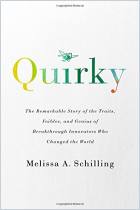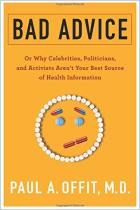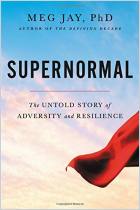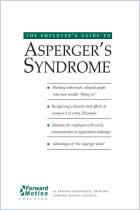
Book
NeuroTribes
The Legacy of Autism and the Future of Neurodiversity
Recommendation
Wired contributor Steve Silberman offers intimate portrayals of autistic people and a well-researched, comprehensive historical perspective on autism. This would be enough to make his book a worthwhile read, but he also leads you through a series of subtle shifts – helping you abandon long-held assumptions about autism and embrace a nuanced view of how autistic people move through the world.
Summary
About the Author
Steve Silberman, a contributor to Wired, wrote Skeleton Key: A Dictionary for Deadheads.
Learners who read this summary also read
Book
Book
Book
Book
Book














Comment on this summary or Iniciar a Discussão